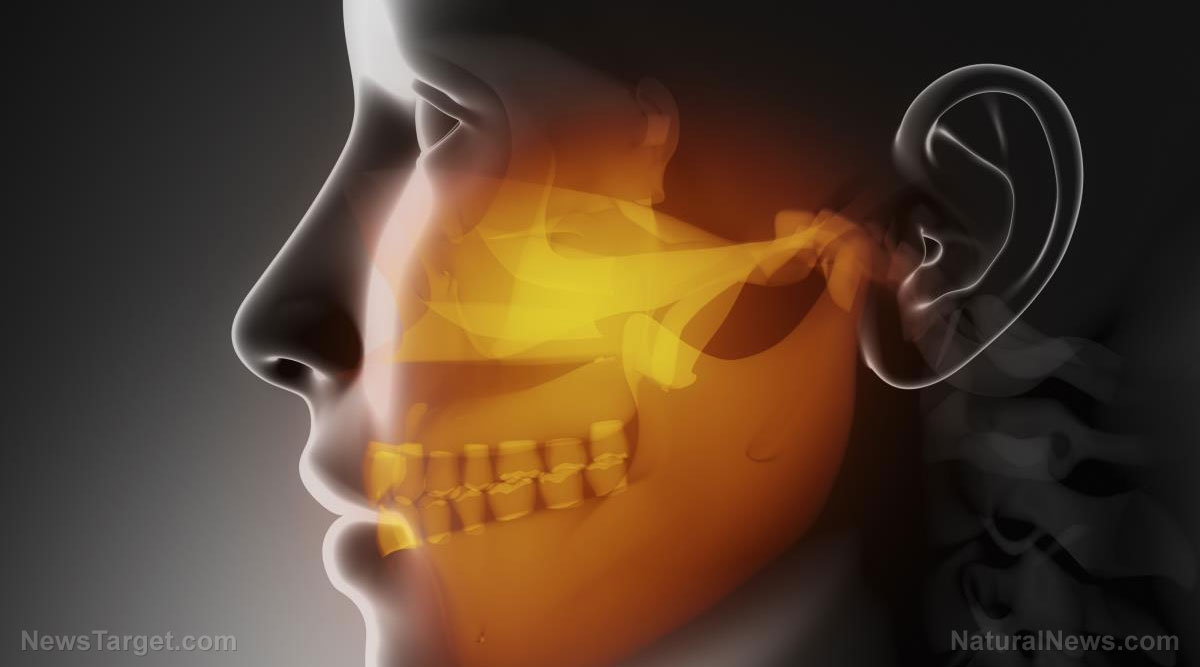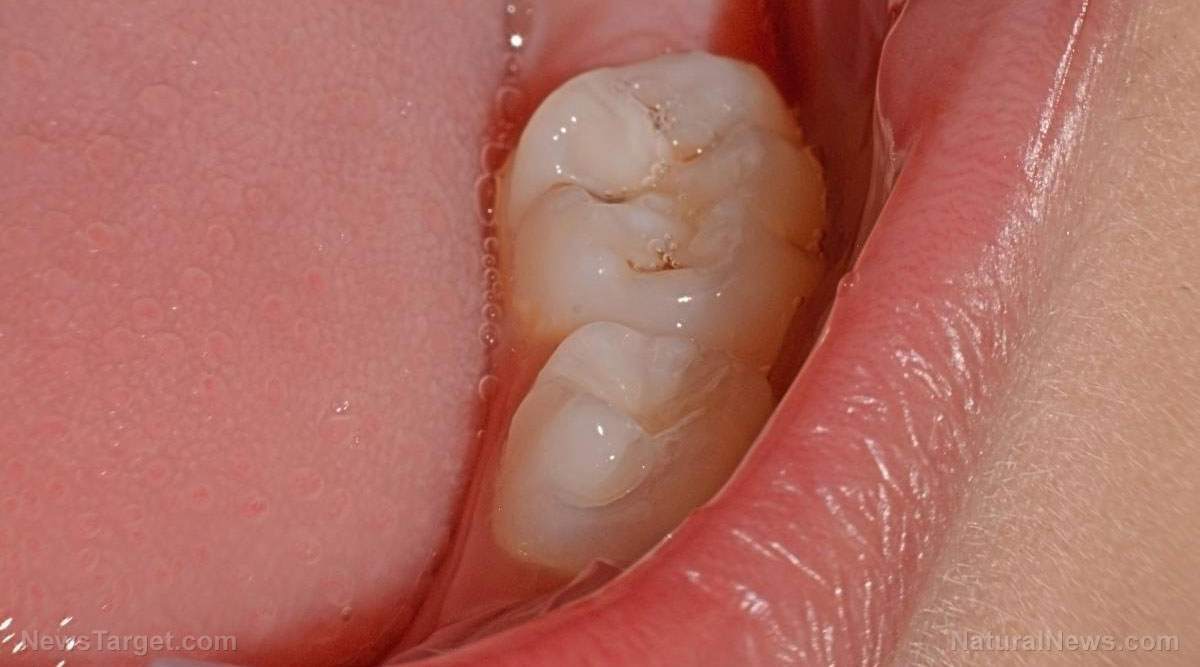How sleep deprivation steals the brain benefits of your workout
10/28/2025 / By Ava Grace

- A new long-term study reveals that regular physical activity does not protect the brain from decline if it is not paired with adequate sleep.
- The research found that highly active people who consistently slept less than six hours per night experienced such a rapid cognitive decline that, over ten years, their brain health was no better than their inactive peers.
- The cognitive penalty for exercising while sleep-deprived was most severe for people in their 50s and 60s, suggesting this is a critical period for intervention.
- Exercise helps create new brain cells and clear toxins, while deep sleep is when the brain performs essential maintenance and waste removal; without sleep, the benefits of exercise are sabotaged.
- The study concludes that sleep and exercise cannot be viewed separately and that future health recommendations must promote both with equal importance to effectively preserve cognitive vitality.
A groundbreaking study reveals a sobering truth: the relentless pursuit of physical activity, without the crucial companion of adequate sleep, may be a futile endeavor for the brain. New research from University College London, published in the Lancet Healthy Longevity, delivers a stark warning that exercising while chronically sleep-deprived can rapidly erase the very cognitive protections we seek from the gym. This investigation uncovers a critical, and often ignored, synergy between movement and rest, challenging the foundational beliefs of a health-conscious generation.
For decades, public health messaging has championed exercise as a panacea, a powerful shield against the mental decline associated with aging. The narrative has been straightforward: move more, think sharper, longer. However, this new longitudinal study, tracking nearly 9,000 English adults over a decade, introduces a disruptive variable into this equation. The data indicate that individuals who are highly physically active but consistently sleep less than six hours per night experience a cognitive decline so rapid that, after ten years, their brain function is no better than their sedentary peers. The protective benefits of their sweat and effort are utterly diminished.
The research team delved into the English Longitudinal Study of Ageing, a robust dataset capturing the lives of people aged 50 and over. They meticulously analyzed self-reported sleep duration, physical activity levels and performance on cognitive tests administered periodically over the ten years. The tests measured key functions like episodic memory, the ability to recall a list of words and verbal fluency, such as naming as many animals as possible in a minute. This long-term approach allowed scientists to observe trends and declines that shorter, snapshot studies could never capture.
The devastating crossover effect
The findings present a paradoxical scenario. At the beginning of the study, more active individuals, regardless of their sleep habits, showed better cognitive function. This initial advantage, however, proved fragile for one group. Those who were both active and short-sleepers saw their cognitive edge evaporate over the years. Their minds aged faster, their test scores dropping more precipitously than anyone else in the cohort. The relentless pace of their decline effectively nullified a decade of physical dedication, bringing them down to the cognitive baseline of those who had exercised far less.
Intriguingly, the corrosive effect of insufficient sleep on exercise benefits displayed a generational divide. The cognitive penalty was most severe for participants in their 50s and 60s. For those aged 70 and over who maintained high activity levels, the cognitive advantages of exercise appeared more resilient, persisting even in the face of shorter sleep. This suggests that the critical window for intervention, where sleep is paramount to unlocking the full cognitive return on exercise, may be in mid-life, setting the stage for brain health in later decades.
To understand why this happens, one must look under the hood of brain biology. Exercise promotes neurogenesis, the birth of new brain cells and boosts enzymes that help break down amyloid proteins, the toxic clumps strongly associated with Alzheimer’s disease. Sleep, however, serves as the brain’s essential maintenance crew. During deep sleep, the brain activates a cleansing process, flushing out metabolic waste, including those same amyloid proteins. Without adequate sleep, this nightly power-wash is cut short, allowing debris to accumulate, thereby sabotaging the very repair and growth processes that exercise initiates.
The implications extend far beyond the individual. With aging populations and dementia rates projected to soar, identifying modifiable risk factors is a public health imperative. This research illuminates a powerful, two-pronged strategy that is accessible to millions: protect sleep to protect the brain’s gains from exercise. It shifts the focus from merely adding more years to life to adding more life to years by preserving cognitive vitality.
A question of causation
As with all observational studies, a note of caution remains. The research demonstrates a strong correlation but does not definitively prove that poor sleep causes the negation of exercise benefits. The next scientific steps will involve more diverse populations and objective measures, like wearable trackers, to move from association to causation. Nevertheless, the signal is too strong to ignore.
“Sleep deprivation negatively affects your workout performance,” said BrightU.AI’s Enoch. “It also hinders essential psychological and physical functions that are necessary for exercise. Therefore, prioritizing sleep ensures your body is properly rested and prepared for an effective gym session.”
In conclusion, the pursuit of health is not a simple arithmetic of calories burned or miles run. The study reveals it is a complex, delicate dance between action and rest. It demonstrates that the cherished cognitive rewards of a disciplined fitness regimen are held hostage by the quality of our sleep.
In the final analysis, the most profound investment in one’s future brain health may not be a more expensive gym membership, but a steadfast commitment to turning off the lights and getting a full night’s rest. The truth is, the most productive hours for your long-term cognition may be the ones you spend asleep.
Watch and get tips on how to get a good night’s sleep.
This video is from the NNBLBlog channel on Brighteon.com.
Sources include:
Submit a correction >>
Tagged Under:
brain benefits, brain function, brain health, cognitive decline, discoveries, exercise, health science, men's health, Mind, mind body science, real investigations, research, sleep, sleep deprivation, women's health, workout
This article may contain statements that reflect the opinion of the author





















